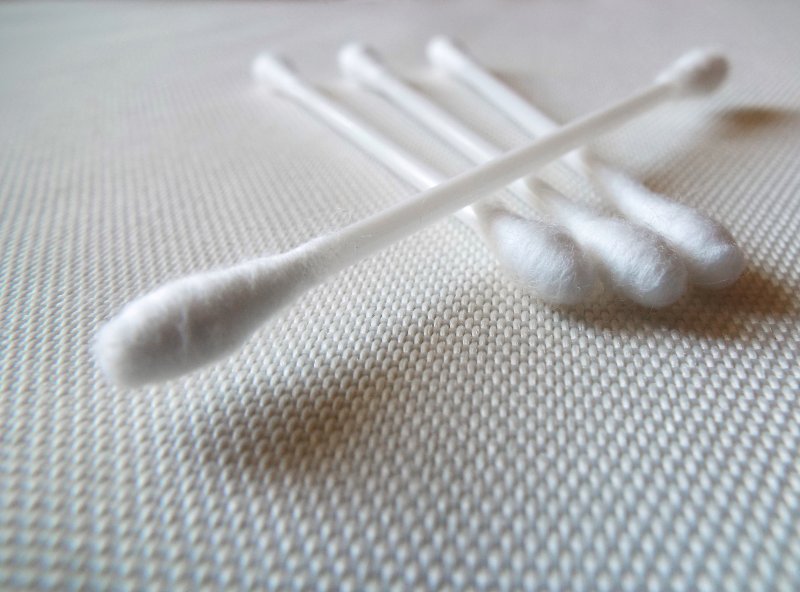While a blood test has been the gold standard for detecting HIV in patients, researchers say a new saliva test they've developed is as reliable as blood and could make it easier to test more people. Photo by
tiziana di sora/Flickr
MONDAY, Jan. 29, 2018 -- An experimental saliva-based HIV test shows promise, researchers report.
The new test may be able to detect early evidence of HIV antibodies in saliva as reliably as a blood test, according to the scientists who developed it.
The antibodies are produced by the immune system to fight HIV, the virus that causes AIDS.
"The earlier you can detect, the better, because people can infect other people. Every day that goes by that a person's behavior is not modified based on their HIV status is a day that they could be infecting other people, especially for young people," said researcher Carolyn Bertozzi.
She is a professor of chemistry at Stanford University.
The most common way to check for HIV infection today is to look for antibodies in blood samples. But this requires the use of needles and makes it hard to test a lot of people quickly to contain the spread of HIV.
"There's a lot of populations you just can't reach out to by blood tests," said study author Cheng-ting Tsai, a graduate student in Bertozzi's lab. "But if you were to do oral fluid, then all of sudden you open up a brand new population that was not otherwise accessible to you."
HIV antibodies don't accumulate in saliva at the same speed or levels as in blood. By the time existing saliva testing detects them, "you've waited a long time" and an infected person could have spread HIV to others, Bertozzi said in a university news release.
But the new saliva test shows promise in detecting small amounts of antibodies early in HIV infection. It correctly diagnosed HIV in 22 people who had tested positive for HIV using other methods. It also did not falsely detect HIV in 22 HIV-negative participants.
Further studies are needed to confirm the results, the researchers said.
The findings were published Jan. 22 in the Proceedings of the National Academy of Sciences.
More information
The U.S. Centers for Disease Control and Prevention has more on HIV testing.
Copyright © 2018 HealthDay. All rights reserved.
![]()
















